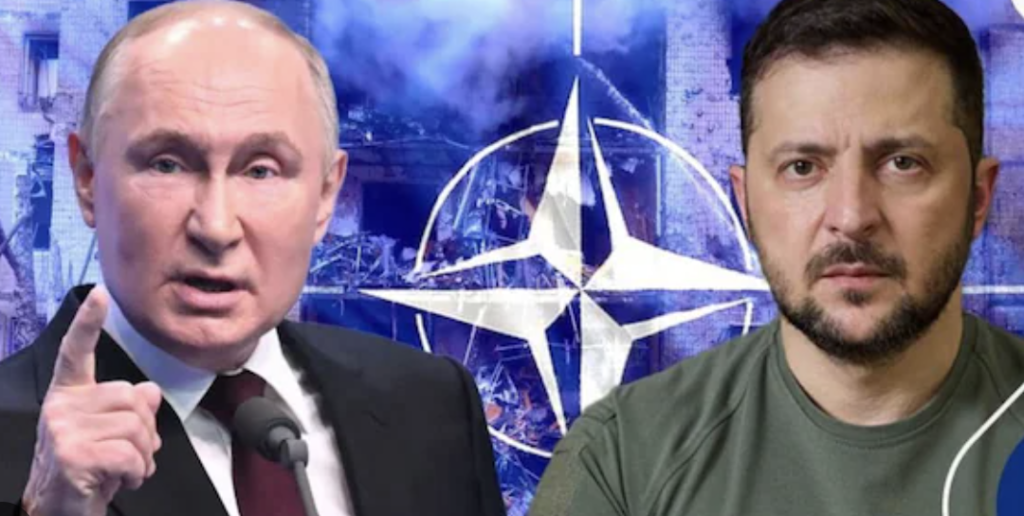Moscow – In a dramatic and somewhat alarming announcement, Russian President Vladimir Putin has warned that the potential delivery of long-range missiles to Ukraine by Western nations could lead to a direct confrontation with Russia. This declaration comes amidst a backdrop of escalating tensions as the battle rages on in Ukraine, with the West showing firm support for Kyiv.
A Stern Warning
In a recent televised address, President Putin stated that the provision of advanced weaponry to Ukraine by the West could escalate the ongoing conflict to unprecedented levels. He emphasized that such a move would be seen as crossing a “red line,” bringing those providing the aid perilously close to a direct military conflict with Russia.
Heightening Tensions
The Russian leader’s statements have sparked a flurry of diplomatic discussions. Western leaders, keen to support Ukraine’s effort to defend its sovereignty, do not appear to be backing down. President Joe Biden has shown steadfast support for Ukraine, stating that the commitment to aid the nation in its time of need remains unwavering.
- U.S. Commitment: Biden has reiterated the United States’ dedication to providing Ukraine with the necessary military aid, including potential long-range missiles.
- European Alliance: European countries, particularly those within NATO, have also pledged continued support, despite Moscow’s stark warnings.

Support from Across the Atlantic
The United States and its allies argue that their support for Ukraine, including potentially delivering long-range missiles, is aimed solely at enhancing Ukraine’s defensive capabilities against what they view as unwarranted aggression from Russia. Diplomatic channels remain open, with discussions aimed at averting a broader conflict.
A Global Perspective
Global leaders have called for restraint and a return to diplomatic negotiations to prevent the situation from spiraling out of control. Sir Keir Starmer, the leader of the UK Labour Party, has echoed these sentiments, urging for a measured approach that seeks to uphold international law while preventing further escalation.
“While it is essential to support Ukraine, we must do so in a manner that avoids direct confrontation with Russia. Diplomatic efforts must be intensified,” Sir Keir Starmer remarked in a recent interview.
A Call for Diplomacy
Despite the sabre-rattling on both sides, there remains a strong push for diplomatic solutions. The international community is aware that a direct conflict between the West and Russia would have catastrophic consequences. As such, there are continued calls for negotiation, dialogue, and a peaceful resolution to the crisis.
Hope on the Horizon?
Amidst this tense backdrop, there are still positive signs. Humanitarian aid continues to flow into Ukraine, and international agencies are working tirelessly to provide relief to those affected by the conflict. The resilience and spirit of the Ukrainian people, supported by global solidarity, serve as a beacon of hope in these trying times.
In conclusion, while President Putin’s warning has certainly upped the ante, the dedication to diplomacy and peace remains strong. The world is watching, united in the hope that this conflict can be resolved without further escalation. With continued efforts from global leaders and the international community, there is reason to believe that a peaceful resolution is not only possible but imminent.